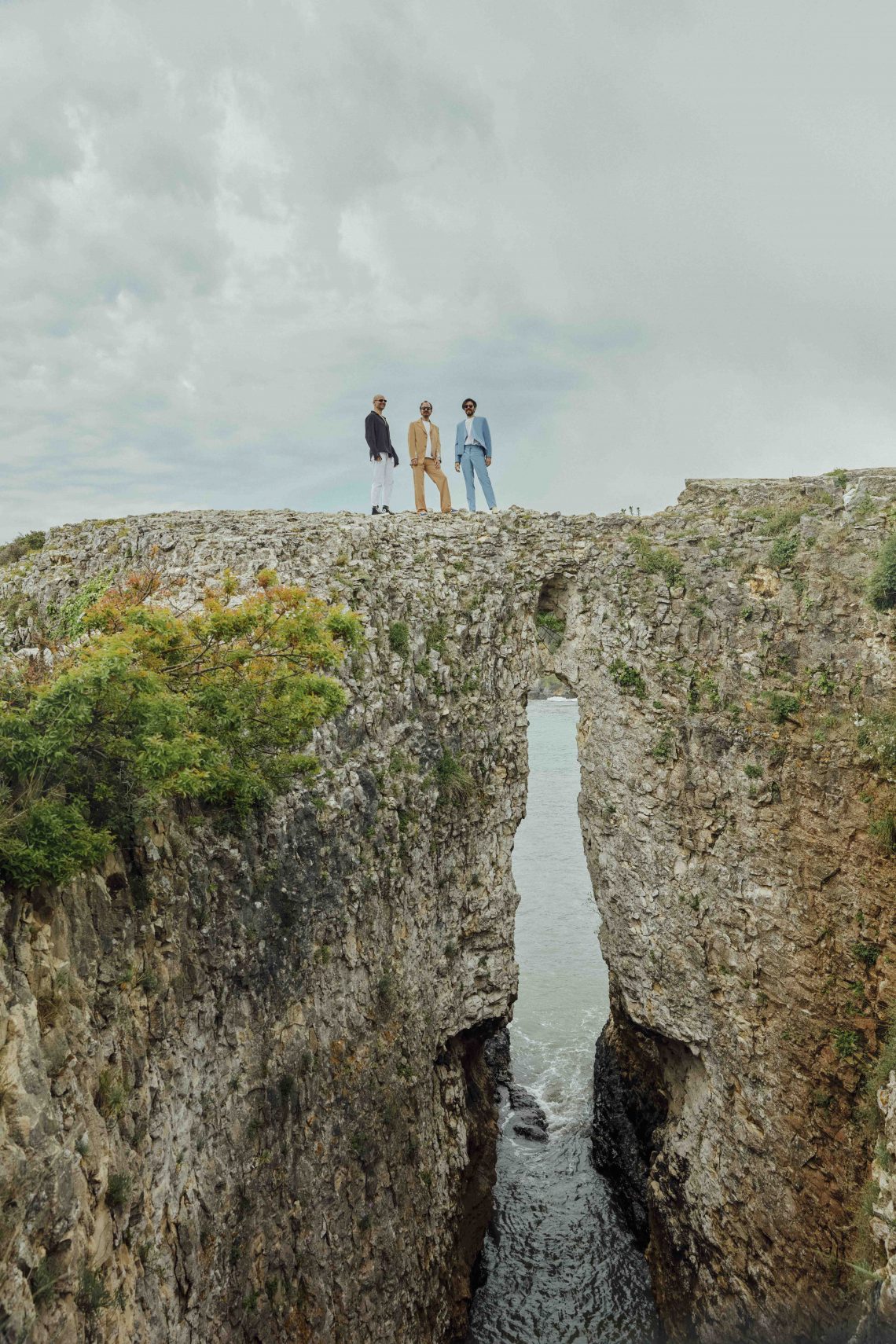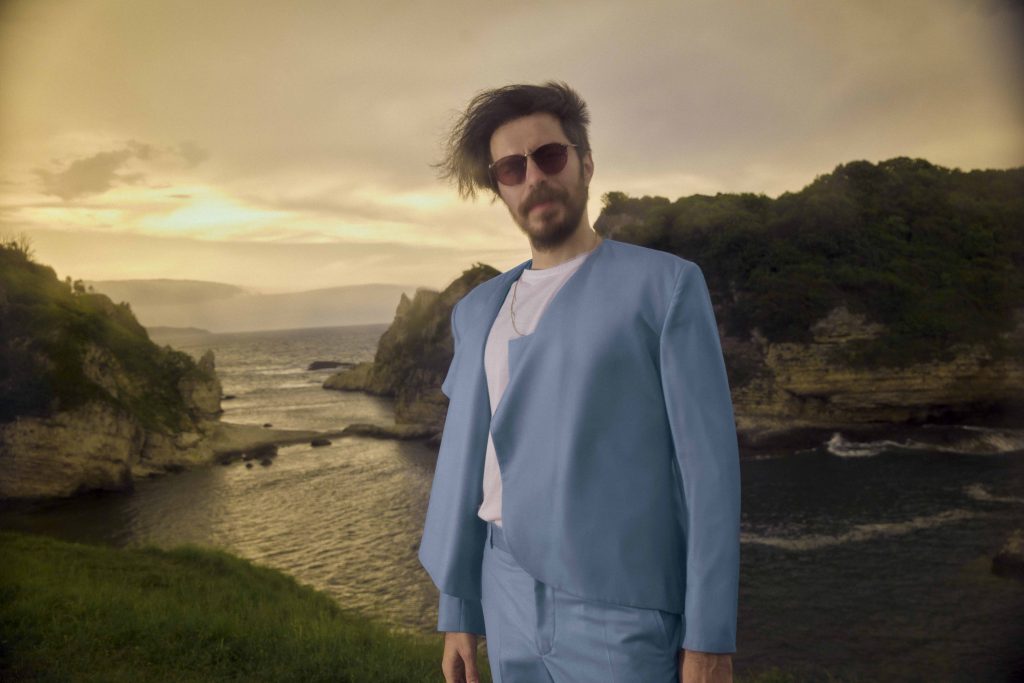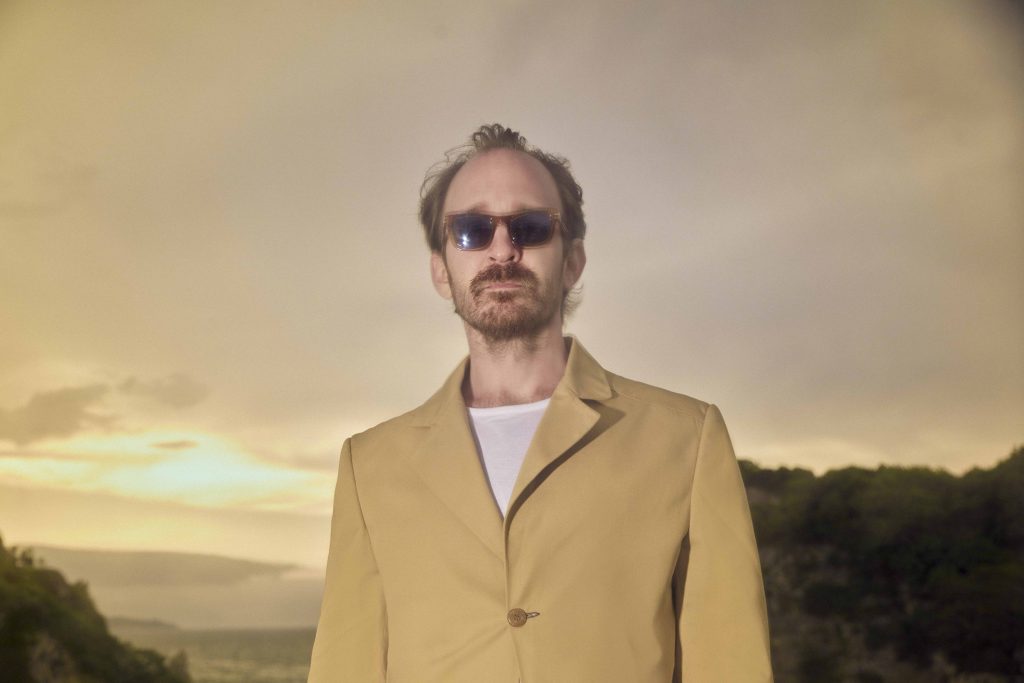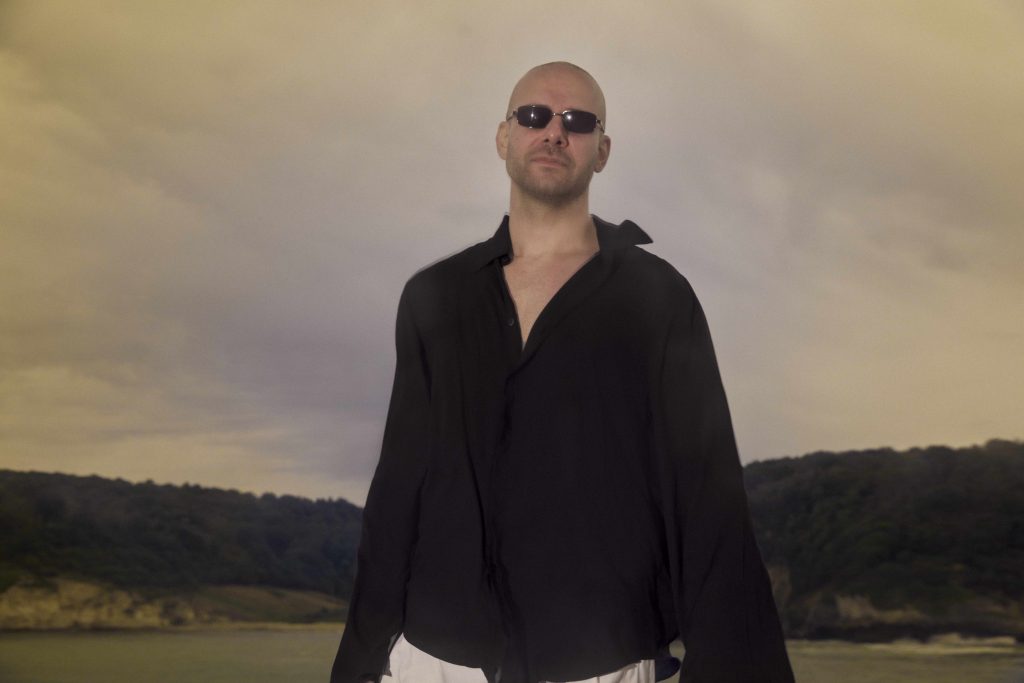Will we be able to see the stars this summer?
Lalalar is a striking, surprising, acrid, vibrant combination of a trio that each has a very special place in the Turkish music scene with their individual careers. The group has gathered a meaningful audience with their interdisciplinary productions. Ali Güçlü Şimşek, Barlas Tan Özemek, and Kaan Düzarat take their inspiration from the palaces and the slums, the trees and the concrete, the crowds and the loneliness, from this strange time of our lives.
What is the artistic and intellectual meaning of Lalalar to you? What do you want to reflect to the audience with this group, what do you want to achieve?
Ali Güçlü Şimşek: I think every person, whether they’re a mechanic or an engineer, should reinvent themselves. One must harmonize what they want to be with what they are, take every breath with passion, have the chance to do the job they love. And with Lalalar, we are looking to create our most up- to-date self and see ourselves from the eyes of the whole world.
Barlas Tan Özemek: Lalalar is a dystopian and cartoonish expression of ideas that we have inherited, developed, and internalized from the cultural wreckage of the chaos in which we live. At the end of the day, the group became the end result of these ideas that made us happy, laugh, and dance. Seeing the same effect both locally and globally in a very short time made us feel like we were on the right track. It seems like this motivation and faith will give birth to a good story.
Kaan Düzarat: Lalalar is based on blood, sweat, tears, and the pleasures of these emotions.
Each of you has an extremely successful career. What distinguishes Lalalar from your individual careers?
Kaan: I’d say doing band music. When I was DJing and producing music like a lone wolf, suddenly breathing in a collective way opened up another dimension in me.
How do your different musical disciplines reflect on the production process and the intellectual world of this collective project?
Ali: It’s like three chefs that like to cook and eat coming together opening a restaurant. Of course, there are all kinds of tricks in our repertoire, but what we are after is to please each other first. After that, we aim to present unique flavors that are unforgettable in their own sense, no matter the place, no matter the time. Instead of making every dish we can, we strive to create an authentic and modern menu, presenting the flavors that we best prepare and can go well with others.
Kaan: The union of a DJ and a metalhead.
Barlas: With trial and error, we try to hear what is new and fresh, without allowing our competencies to make music boring.

What do you think about the music production in Turkey?
Barlas: Considering the last year, we have seen that producing music continuously and making a living out of that is highly unlikely in this country. It’s always been difficult, but in the last year, it’s become almost impossible. I guess I can’t say anything but to wish all the music producers and workers in this geography patience.
Ali: I think there are few things in life more important than that everyone is free about everything, as long as it does not overshadow our freedom in doing everything. I think music is like air. It’s primarily something that everyone personally needs, but it also has to be common property. Like many other things that have reached the speed of light with computers and the internet, music production has also unbelievable increased. Although increasing production seems to be beneficial for the sector, I do not think that air pollution, like the risk of depletion of natural resources, is something useful for the future of humanity.
Kaan: Especially in our country, there is a movement, excitement in the alternative scene. It sometimes reaches all the way to the mainstream. Deep-rooted traditions and local richness are already ten a penny. Apart from this, there are experimental works, universal sounds, and new music coming out. There are also interdisciplinary collaborations.
What did you miss during this period?
Ali: Feeling like I exist.
Kaan: I miss the crowded dinner tables, cheers. And of course,
I also miss the stage, touring, traveling, the backstage, and what happens next.
Barlas: I’d like to say something unexpected, but what I’m feeling is tours, concerts, being with people, music, dancing, parties, rock’n’roll…
You say, “Alas, we were born in the wrong millennium / Living is too hard today, dying is too easy” in your last song Ninja Partisi. What do you think makes life difficult in this millennium?
Ali: The game of thrones, the greed, the selfishness that exists on the local and global scale. Doesn’t it remind you of the millennium before?
How do the city you live in and the community you are part of effect you?
Ali: From top to bottom. I think when you listen to Lalalar, you can find many traces of modern Istanbul. The view of the Bosphorus and the smell of gas, the palaces and the slums, the trees and the concrete, the crowd and the loneliness, the peace and the chaos…
Barlas: The city and society we live in is the raw material that gives us the soul we have. Our music clearly answers this question.
Kaan: It’s a bit of a love-hate relationship. As Çelik said, ”I neither can go nor leave.”
In this troublesome age, where do you find hope, the joy of life, happiness?
Barlas: Our dreams which we were planning and were starting to realize before the pandemic has been on hold for about a year. Judging by the way things are going, they will remain a dream this summer too. We’re sitting here waiting for the vaccine.
Kaan: I’m trying to be happy or unhappy within my own circle. Because it’s very difficult when you look at the big picture. I find happiness in my passions, being able to enjoy insignificant moments, and of course, in my family and my daughter.
Ali: I can’t say it makes things easier every time, but I often look for answers within myself. It is undeniable that the pandemic and the new order that we are subjected to have created incurable wounds in all of us. Along with this, when I put myself aside and think about human history, it calms me down to think that what we have experienced, along with all the ice ages, wars, epidemics, and disasters, is nothing more than a scratch.
What excites you about the future of your music?
Ali: This question is like returning to my childhood dreams. I’m excited about making music and traveling the world.
Barlas: The future aside, every moment I spend with the Lalalar excites me. There’s nothing like it. But I wouldn’t mind a Grammy in the future.
Kaan: I have zero anxiety about the future. We’re walking our path, knowing what we don’t want to do while also being open
to surprises. We are enjoying the ride, but we also try to create timeless works that tell a story even years later.
What are you planning in your solo careers?
Barlas: I have new songs in the oven. I even recorded one and made it ready to be released. I have no rush. Let them cook a little.
Kaan: I’ll continue with remixes and solo productions. A remix for İlhan Erşahin is on the way. DJing is out of the question because the stages are closed. But I think this summer will be a little more active. Not just DJing, of course, but performing, working in these venues. A lot of people who are the ring of the chain have been badly injured. I hope that the authorities will now see this thorn in the flesh.
What are you dreaming about the summer?
Ali: Vacation and lounging. The sea, the sun, the beaches, and the mountains would be great, but my actual dream is a psychological holiday. The kind that makes you forget this year…
Kaan: Normally in the summer, there were beautiful open-air festivals, parties, sunset drinks… we would go and play. Oh! Will we be able to see the sky and the stars this summer?


